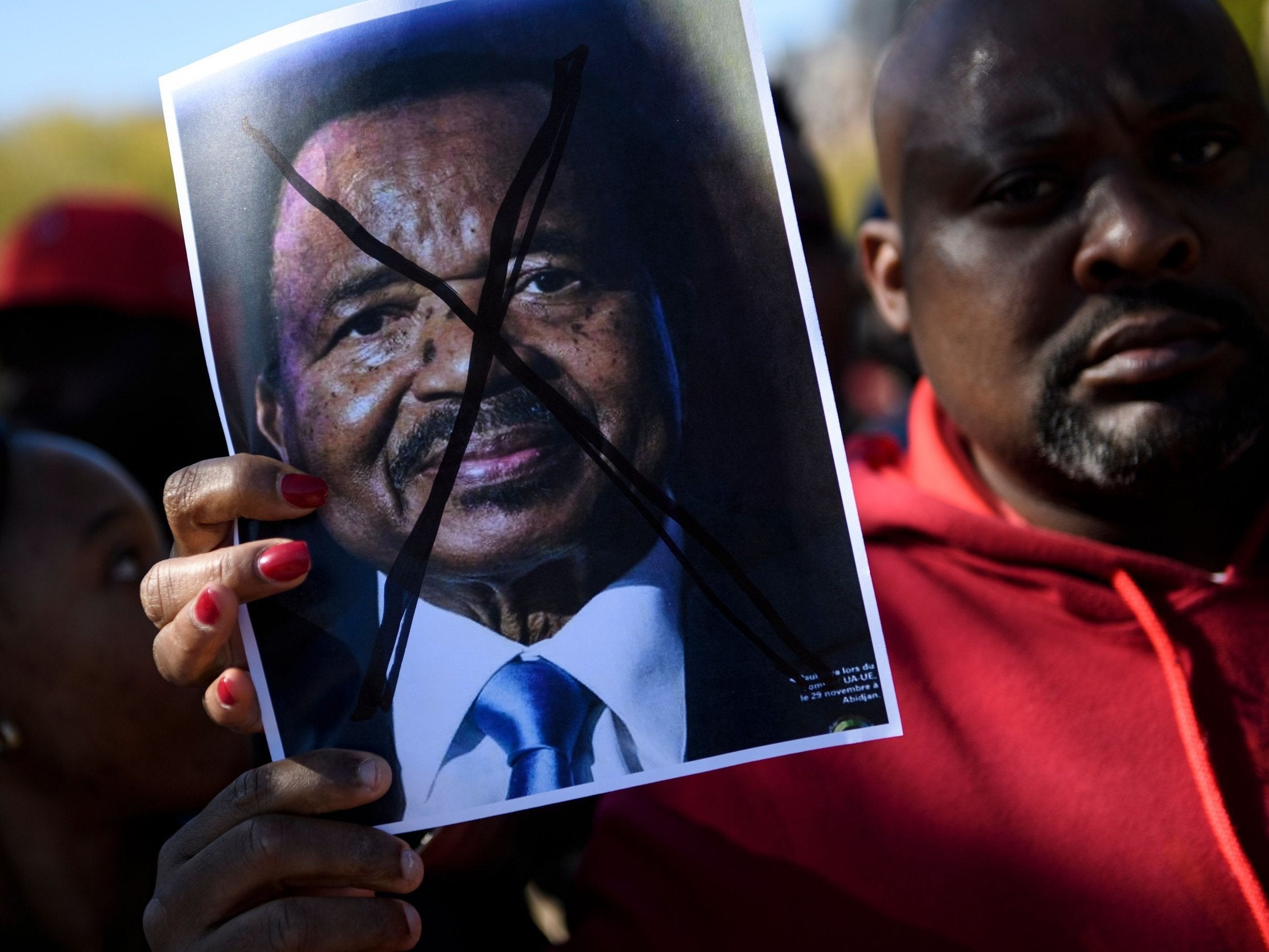
As the world’s oldest head of state, Cameroon’s president is seeking re-election in October in a move that would extend his 43 years in power.
Currently 92 years-old, another seven-year term could see him remain in power until he is nearly 100.
So far his tenure presents a mixed picture, marked by both support and criticism.
President Paul Biya first took power in 1982 and has not lost an election in the central African nation since.
Under his governance, Cameroon survived an economic crisis and moved away from one-party rule.
Biya also claimed on X that his latest decision to run followed "numerous and insistent" calls across 10 Cameroonian regions and the diaspora.
But during decades in power, his administration has faced backlash over embezzlement, corruption, bad governance and insecurity.
In 2008, democratic backsliding led to the abolition of term limits - allowing his continuous re-election.

Concerns have also been raised about his health and ability to govern.
During a six-week mysterious absence from public eye last year, authorities banned the media from discussing the president’s health.
As rumours of ill-health quickly spread, interior minister Paul Atanga Nji said such stories “disturb the tranquillity of Cameroonians”. The president’s health was deemed a matter of national security and “offenders” were threatened with legal action.
Notorious for long periods of time spent abroad, Biya in 2018 held a cabinet meeting for the first time in more than two years.
An investigation supported by the Organised Crime and Corruption Reporting Project (OCCRP) found that Biya spent a third of the year abroad in some years, such as 2006 and 2009.
Along the way he missed key events, including a 2016 train accident which killed 75 people and the violent repression of protests over the marginalisation of Anglophone minorities.
The protests set off what later became a separatist insurgency in English speaking provinces, who have historically complained of discrimination in Francophone-dominated public institutions.
This year’s election also comes as Cameroonians face climbing living costs and high unemployment.
Confirmation of Biya’s candidacy in a post on X on Sunday followed a rift with long-term allies in northern regions, who had previously been key in securing northern votes.
Prominent minister Issa Tchiroma Bakary and former prime minister Bello Bouba Maigari left the governing coalition and announced their candidacy separately.
“A country cannot exist in the service of one man,” Tchiroma said.
If elected, Tchiroma has offered a referendum to devolve power as a solution to the so-called Anglophone crisis.
Elsewhere Biya’s supporters and members of the ruling Cameroon People's Democratic Movement have publicly backed his candidacy since last year.
Human rights groups have criticised the perceived crackdown on dissent. Parliamentary elections that were due to take place in 2024 were also delayed until 2026.
Water company agrees to pay £24 million after sewage leaks
Woman’s ‘hell’ as hundreds of returned Chinese Amazon packages shipped to home
South Africa president suspends police minister accused of having ties with criminals
Trump ended Obama’s flagship project to power Africa – but the dream is not dead
The UK has to build peace through aid as it prepares for war
British tourist among two killed by elephant while on safari at Zambian national park







